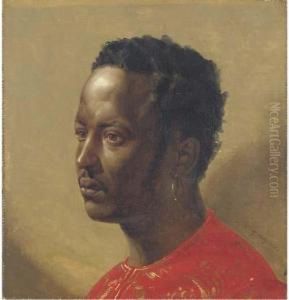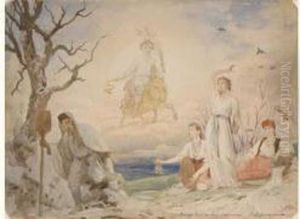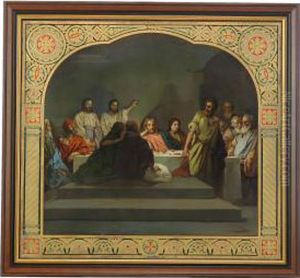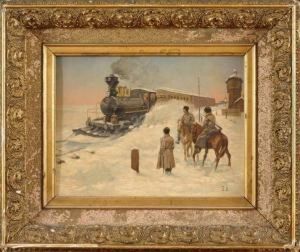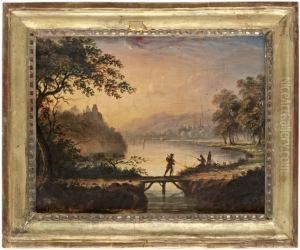Vasilii Petrovich Vereshagin Paintings
Vasilii Petrovich Vereshchagin was a notable Russian artist, renowned for his war-themed paintings and for being one of the most famous Russian battle painters of his time. Born on October 26, 1842, in Cherepovets, Novgorod Governorate, Russian Empire, Vereshchagin demonstrated an early interest in art, which was not initially supported by his family. Despite this, he pursued his artistic passion and eventually enrolled at the Academy of Arts in Saint Petersburg.
Vereshchagin's early work was influenced by his military experience; he had attended the Naval Cadet Corps and participated in the Russo-Turkish War. His firsthand experience of war profoundly shaped his artistic vision, and he became known for his realistic depictions of military life and the horrors of battle, which often conveyed a strong anti-war message.
Throughout his career, Vereshchagin traveled extensively. He visited Central Asia, where he was inspired by the culture and landscapes, which featured in his works. He also traveled to India, the Middle East, the Philippines, and other locations, incorporating elements from these diverse cultures into his art.
One of Vereshchagin's most famous series of paintings is the 'Turkestan Series,' which was inspired by his travels to Central Asia with the Russian army. His works frequently depicted the brutality of war, such as the 'Apotheosis of War' (1871), which was dedicated 'to all great conquerors, past, present and future.' He sought to depict the true nature of war, stripped of its glorification and romanticism.
Vereshchagin faced criticism and controversy for his unflinching representation of war. His exhibitions often provoked strong reactions, both from the public and from military authorities who sometimes viewed his work as unpatriotic. Nevertheless, he remained committed to his vision, and his paintings continued to be both celebrated and condemned for their uncompromising realism.
Tragically, Vereshchagin's life was cut short when he died in the explosion of the Russian battleship 'Petropavlovsk' during the Russo-Japanese War on April 13, 1904. His death occurred as he was accompanying the Russian fleet as a war artist, once again seeking to capture the grim realities of conflict. Vereshchagin's legacy is that of a pioneering artist who used his talents to portray the true face of war, influencing not only Russian art but also the broader genre of battle painting.
